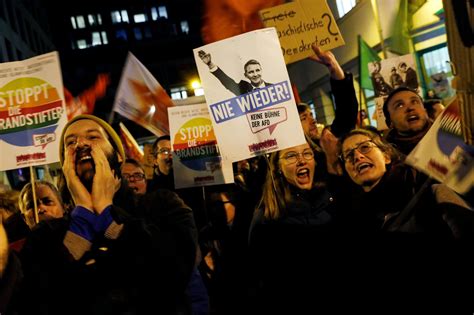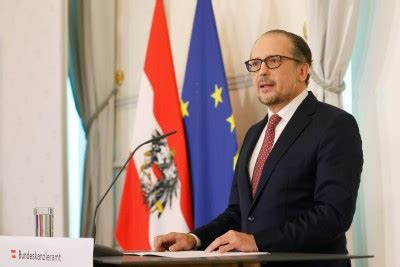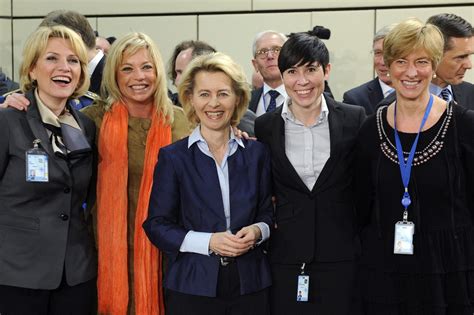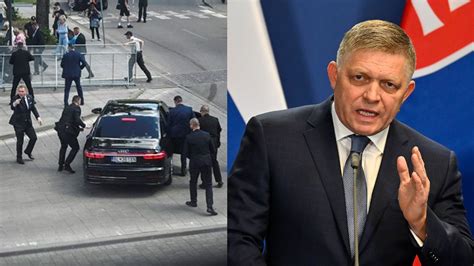Thousands of passionate demonstrators flooded the streets of Riesa, a quaint East German town, on a crisp Saturday morning. Their mission was clear: to block the path of the far-right Alternative for Germany (AfD) party congress set to take place in their midst. With fervor and conviction, they chanted “no to Nazis,” a powerful slogan echoing through the cobblestone alleys.
The atmosphere crackled with energy as protesters strategically positioned themselves, forming human barriers along key roads leading to the convention venue. This bold act stalled the arrival of over 600 AfD delegates, causing a significant delay in commencing the highly anticipated proceedings. The spirit of resistance was palpable in the air, a unified front standing against ideologies that threatened their democratic values.
Police Presence and Protest Scale
Law enforcement officers maintained a vigilant watch over the unfolding events, closely monitoring the peaceful yet determined crowd. Estimates suggested that approximately 10,000 demonstrators would swell Riesa’s population throughout the weekend, underscoring the widespread opposition to the AfD’s agenda.
As tensions simmered beneath the surface, delegates prepared for a pivotal two-day summit fraught with political significance. Amongst them stood Alice Weidel, poised for formal nomination as the party’s candidate for chancellor in looming snap federal elections scheduled for February 23rd.
Political Agendas and Manifesto Approval
Inside closed doors, discussions centered around finalizing the AfD’s campaign manifesto – a document laden with contentious proposals aimed at reshaping Germany’s socio-political landscape. Key points included advocating stringent immigration policies and even broaching Germany’s potential exit from the eurozone.
The party found itself riding a wave of popularity, currently holding second place in national polls with an estimated 20% voter support. However, amid this political fervor lurked disapproval from mainstream figures like Friedrich Merz. Leading his center-right Christian Democratic Union (CDU) to electoral dominance forecasts painted an uncertain future for Weidel’s ambitions.
The Musk Endorsement Fallout
Intriguingly enough, tech titan Elon Musk threw his weight behind Weidel during an online exchange that sent shockwaves through traditional political circles. In an unprecedented move captured on X platform chatrooms across cyberspace, Musk endorsed voting for AfD as a means to “save Germany.” Such unexpected alliances raised eyebrows and sparked debate about external influences on domestic politics.
Despite these endorsements and momentary surges in public opinion polls favoring AfD initiatives under Weidel’s leadership aspirations—political analysts remained skeptical about her ultimate chances at seizing power. Merz’s steady trajectory toward potential chancellorship symbolized stability amid turbulent political landscapes—a beacon amidst stormy seas where cooperation with far-right factions remained firmly off-limits.
Amidst all this drama—Riesa became more than just another town—it transformed into a battleground where citizens rose up united against perceived threats to their cherished democratic ideals.











Leave feedback about this